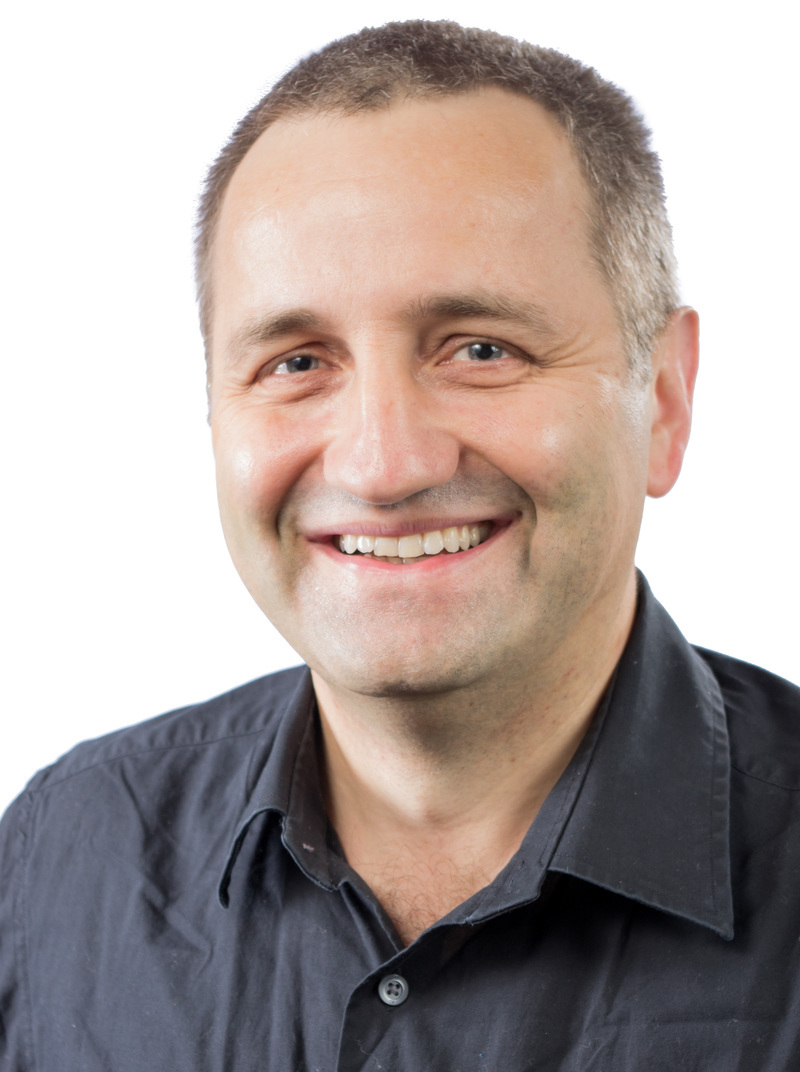Case Studies In Simplifying Code With Compile-Time Reflection
Atila Neves
May 21st @ 3:30 PM
Duration: 50 minutes
Talk type: Presentation
Level: Intermediate, Advanced
Video: [youtube] [alternative]
Abstract: This talk will show how the power of compile-time reflection and user defined attributes in D can be leveraged to reduce the number of lines of code that need to be written. Two real-life case studies will be presented showing how their D incarnations are better than the C++11 ones that inspired them.
Benefits:
The talk will show how the D versions of two C++11 libraries written by the author require less boilerplate code to be written with the use of compile-time reflection whislt offering equivalent or better functionality. One is a unit testing framework designed from the start to run tests in parallel for maximum speed and decoupling, the other a serialisation library that requires user code to be written only once for both marshalling and unmarshalling.
For unit-testing, C++ requires macros for assertions, for registering tests, and that each test be a child of a TestCase class. The D version not only dispenses with registration but also with the requirement of participating in the TestCase hierarchy by allowing the registration of functions. User defined attributes can be used to tweak the default behaviour.
In the case of serialisation, C++ requires that code be written for every non- primitive type. D allows the compiler to write the code for the library user and makes it easier, also via user defined attributes, to customise the behaviour for certain use cases. In most cases no code need be written at all. The talk will show examples taken from an MQTT broker written in D, and how it is smaller than the C++ version.
The proposed talk aims to showcase how to write code to make use of D’s compile- time reflection, why one would want to write such code, and how it was used in a real project to reduce boilerplate. D’s metaprogramming capabilities are an advanced topic with few practical examples and it would be helpful to make them known to D novices or programmers currently considering learning the language.
Speaker Bio: I have a PhD in Particle Physics for research done at CERN. Most of the research itself required programming in C++, and I also had a major participation in the coding of the experiment’s data acquisition and decoding software in C and C++. I later joined the Computer Security Team at CERN in the IT department and spent two years there writing Perl.
I currently work at Cisco writing networking software, my job having re- quired me to write in C, C++, Perl, Python, Java and Ruby. I even wrote a small D wrapper for our C API for fun.
The software I wrote and will cover in the talk stems from the work done at my job at Cisco. Both software libraries were written as a better alternative inspired by the code used at work for writing unit tests and serialising network protocol packets. I first wrote them in C++ and after learning D soon realised that both of them would work better in D due to D’s unique capabilities.
The result of this work was a comparison of MQTT broker implementations in different languages, D being one of them, that ended up generating a lot of discussion on Hacker News and programming subreddit.




